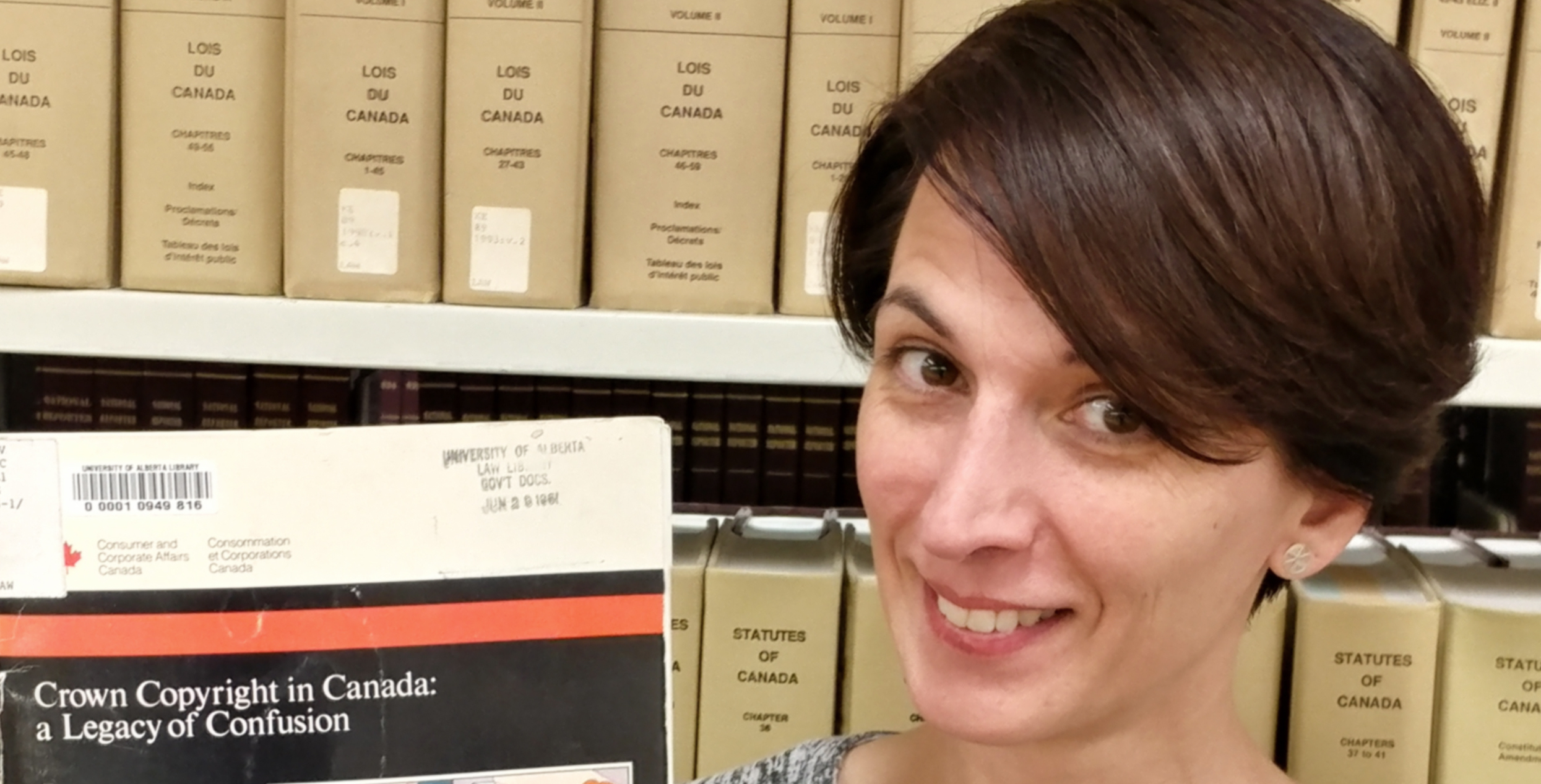Canada’s Crown copyright law hasn’t even caught up to U.S. law passed in the 19th Century! Needless to say, change is desperately overdue.
Canadian governments produce a wide range of publications, many of which are nowadays available on their websites. These publications are often changed or removed without warning.
If they’re deleted, you might still be able to find them via web harvesters like the Wayback Machine. Or they might be gone forever. It’s hit and miss.
Royal Commissions, Parliamentary reports, statistical publications…these are the raw materials of good journalism and history in a democratic country.
What government scandal isn’t linked back to a government report or document? What conscientious voter will trust that their MP or MLA followed through on their election promises without first consulting a government website or reading what they have said in the House of Commons of the legislature?
Maybe that’s why the federal government is maintaining an iron grip on the ownership and use of these works through an antiquated system of Crown copyright.
Canada’s Crown copyright law gives our federal government the sole right to reproduce and distribute works produced under the direction of Her Majesty — that is to say, practically speaking, under the direction of the elected government of the day.
So even though you paid for it, citizen taxpayer, you don’t own it.
The likely explanation for this system’s continued existence is that our federal government just never got around to fixing an outdated and cumbersome provision, Section 12 of the Copyright Act. Legal scholars have labelled it a “legislative monstrosity” and called for its abolishment.
Even the United Kingdom (whose legislation we copied and pasted back in 1911) has changed the relevant clause and introduced an open government licence for most Crown works.
Here in Canada, though, our government talks about open government — and spends a lot of money traveling around the world and securing high profile seats on tony international committees to bloviate about it — but has yet to fix Section 12 or implement an open licence that works to the benefit of the public good consistently and across government departments.
Check any two Canadian government websites and you’ll likely see very different language. Sometimes what you are legally permitted to do with documents varies by the format in which they’re posted! This is very confusing for anyone who doesn’t want to fight a copyright infringement claim.
Provincially, Alberta is in the best shape on this front. It was the first Canadian province to implement an open government licence that applies to both publications and data.
However, this doesn’t apply to older Alberta publications and, put simply, it still isn’t good enough.
The United States put its federal government publications in the public domain way back in the 1890s. It’s time for Canada to follow suit and at least bring the law into the 19th Century, at the federal level and across all provinces.
Trusting a government publisher to act as a steward of its own works doesn’t make sense. Information policy shifts with the political winds, at the federal level and in every province. Canada’s commitment to open government needs to be strong enough to sway in the breeze.
Who would this hurt? No one. Moreover, the government shouldn’t need an economic incentive (through an enclosure mechanism like copyright) to communicate with the people it governs. In fact, the government has a moral obligation to share information about what it does with its citizenry! Why restrict what citizens can do with this information? It makes no sense.
Yet for more than 30 years, stakeholder requests to change this provision have resulted in no changes at all. None.
No one knows why. Maybe copyright lobbyists were fighting other fights fuelled by stakeholders with deeper pockets than journalists and librarians.
Speaking of librarians, a petition calling for the Crown copyright changes Canada needs has been created by the University of Alberta’s Copyright Librarian, Amanda Wakaruk, and sponsored by Saskatoon West NDP Member of Parliament Shari Benson.
You should sign it. It’s found at www.FixCrownCopyright.ca. And you should act now because the petition closes on September 23.
Ms. Wakaruk is basically asking the federal government to remove copyright protection from works it produces and makes available to the public — including you.
“I’m not talking about confidential memos or the everyday correspondence of government, I’m talking about publications that are prepared for and disseminated to the public, with public funding,” she explained in a recent op-ed piece she wrote for the Edmonton Journal.
Wakaruk is looking out for your interests and the public good but she’ll never know know if you sign, because the petition is managed by the House of Commons Clerk of Petitions. Staff there won’t tell her who signed or post your name on their website.
Chip in to keep stories like these coming.




